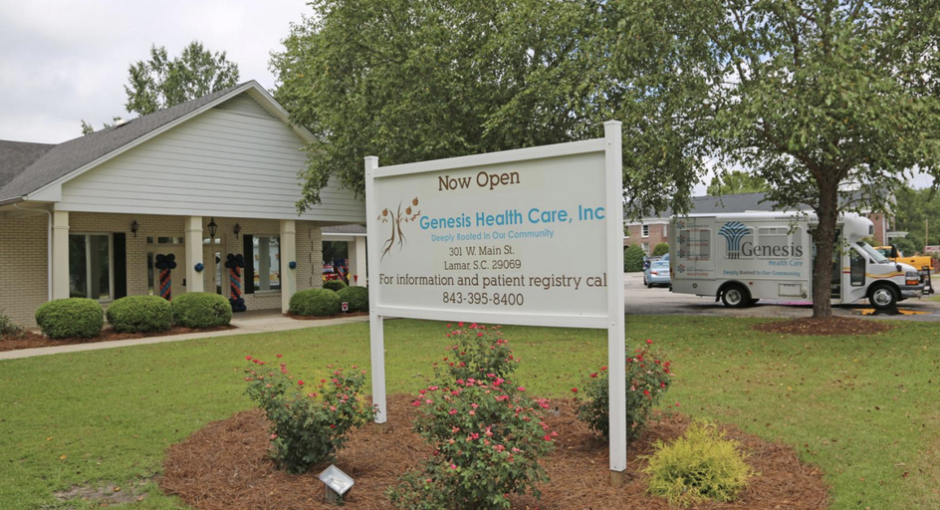A federal appeals court ruled unanimously this morning that a South Carolina health center has the right to challenge the legality of the government’s 340B patient definition in a lower federal court. The case ultimately could have profound implications for access to 340B drug discounts.
The U.S. Fourth Circuit Court of Appeals in Richmond, Va., held that a federal district court in December 2019 incorrectly dismissed as moot Genesis Healthcare’s lawsuit over its brief expulsion from 340B in 2018. The U.S. Health Resources and Services Administration expelled it after an audit found that Genesis dispensed 340B drugs to ineligible patients. HRSA reinstated Genesis on the same day the health center sued over its expulsion, and about two weeks later HRSA voided its audit findings, all without explanation.
HRSA argued in federal district court in Florence, S.C., and the district judge agreed, that Genesis’s case was moot. Genesis argued, and today the appeals court agreed, that HRSA’s patient definition remains in place and that Genesis potentially could be expelled from 340B all over again.
The Fourth Circuit Court of Appeals heard arguments in the case in March.
Genesis will now get another chance to argue in federal district court that:
- the only statutory requirement for 340B eligibility of a person is that the person be a patient of a covered entity
- the plain meaning of the wording of the 340B statute requires that any prescription from any source is available to a patient of a covered entity
- HRSA interpretations of or guidance on the 340B statute’s prohibition on resale of drugs to a person who is not a patient of the entity is unlawful and unenforceable.
Under 1996 program guidance, HRSA considers an individual a patient of a 340B entity only if:
- the covered entity has established a relationship with the individual, such that the covered entity maintains records of the individual’s health care
- the individual receives health care services from a health care professional who is either employed by the covered entity or provides health care under contractual or other arrangements (e.g. referral for consultation) such that responsibility for the care provided remains with the covered entity
- the individual receives a health care service or range of services from the covered entity which is consistent with the service or range of services for which grant funding or federally qualified health center look-alike status has been provided to the entity.
HRSA does not deem an individual a patient of a covered entity if the only health care service received by the individual from the covered entity is the dispensing of a drug or drugs for subsequent self-administration or administration in the home setting.
HRSA considers individuals registered in a state-operated or funded AIDS drug assistance program (ADAP) that receives federal Ryan White funding patients of the participant ADAP if so registered as eligible by the state program.
The 340B patient definition is one of the drug discount program’s bedrock tenets. A federal court decision declaring it unlawful and unenforceable could have a significant impact on the scope of patients eligible for the 340B program.
For more background on the case and its implications, see 340B Report’s two-part special report on the matter.


